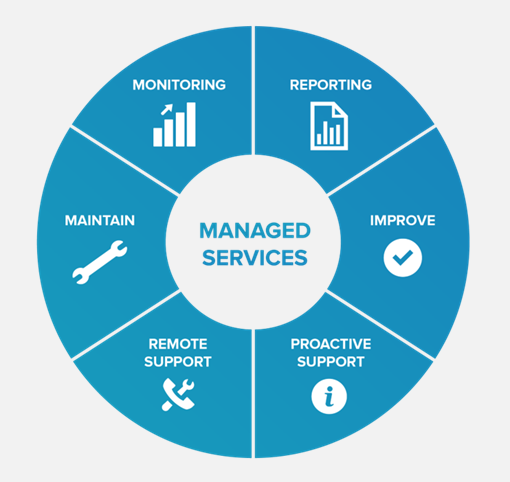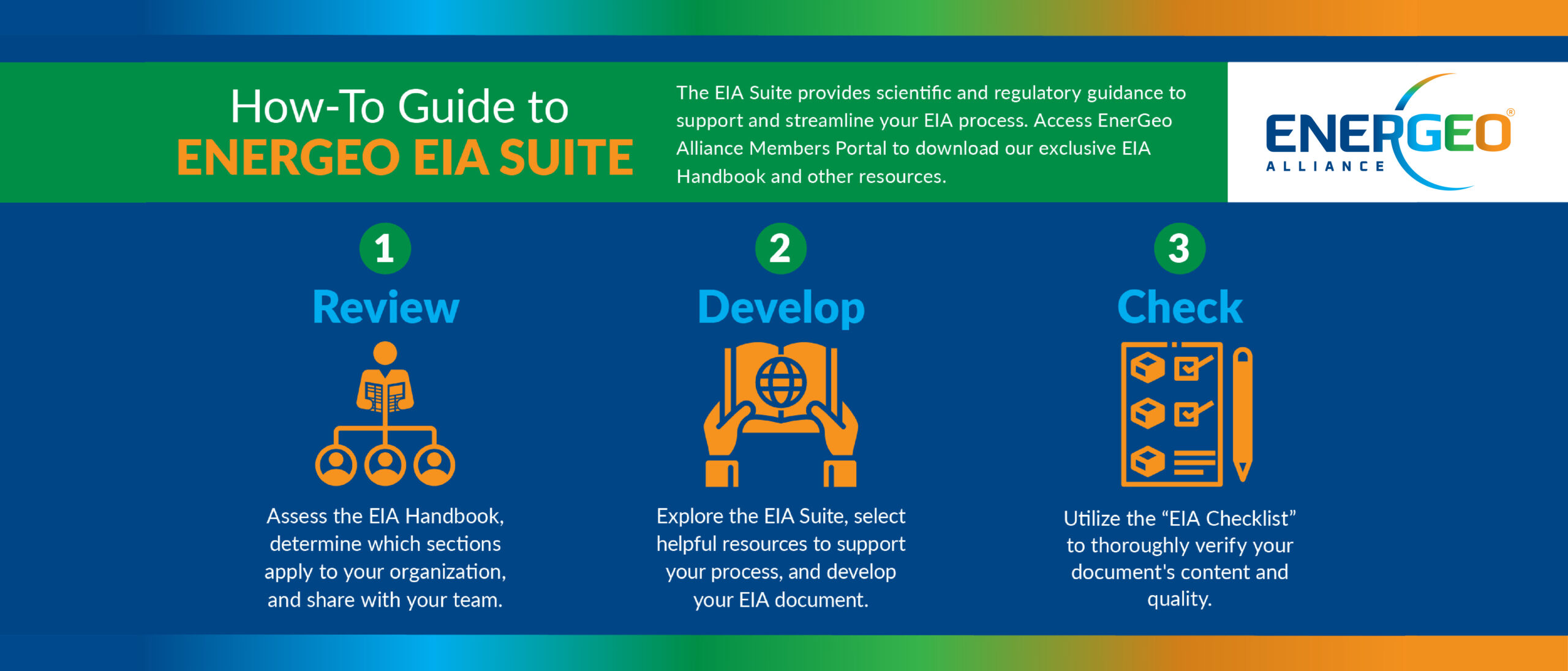Data delivery challenges are attributed to rigid internal workflows or processes and a need for more capacity/legacy media infrastructure to handle data volume and data delivery media variability. Data vendors could have recorded data on legacy tape media (9-track, 21-track, 3480s, etc.), more modern media (3592, LTO, etc.), or electronic (public cloud, FTP, etc.). These inefficiencies lead to high delivery turnaround times for priority data requests which delay access to data impacting timely business analysis and critical business decisions.
Cost prohibitive
Oil and gas companies receive business-critical data from different sources, including acquisition vendors, reprocessing vendors, multi-client vendors, or previously acquired data stored at a physical storage company. These data sets are delivered via legacy tape, modern media, and paper or electronically via FTP or cloud service providers. Once the data is provided, data technicians establish a chain of custody, log high-level metadata in the document management system, and forward the media to the appropriate group that reads or extracts data from the media.
Depending on the volume, number of tapes, and media type the data is delivered on, the capability of oil and gas companies to expeditiously provide workstation-ready data to the end users is limited in most cases. This is because of the infrastructure and maintenance requirements (tape drives, servers) and the technical expertise needed to maintain a complex environment.
It is cost prohibitive for oil and gas companies to manage the variability and complexity of maintaining a multifaceted large-scale digitalization environment. Companies may have an obligation to provide these datasets to third-party recipients such as partners, offset block operators, buyers of an asset, or government agencies. These “data operations” challenges described above lengthen the delivery turnaround time of priority data requests.

Reducing the delivery turnaround time
Data Operations is a service offering focused on securely disseminating priority subsurface data to internal end users, external recipients such as partners or governments, and platforms supporting business operations and decision-making. Oil and gas companies can reduce the delivery turnaround time of high-priority datasets by outsourcing data operations services to companies with the technical expertise and the infrastructure to fulfill data delivery requirements. Benefits of outsourcing data operations include reallocation of resources to other value-added activities, reduced infrastructure and maintenance burden, and streamlined processes.

Outsourcing operations
Companies are dissatisfied with the high turnaround times of priority data requests. These higher delivery times are due to rigid and stringent internal processes, a lack of capacity and infrastructure to manage and handle the volume, and media variability that delays critical business analysis and, ultimately, critical business decisions. Companies can reduce the high turnaround times by outsourcing data operations services.





